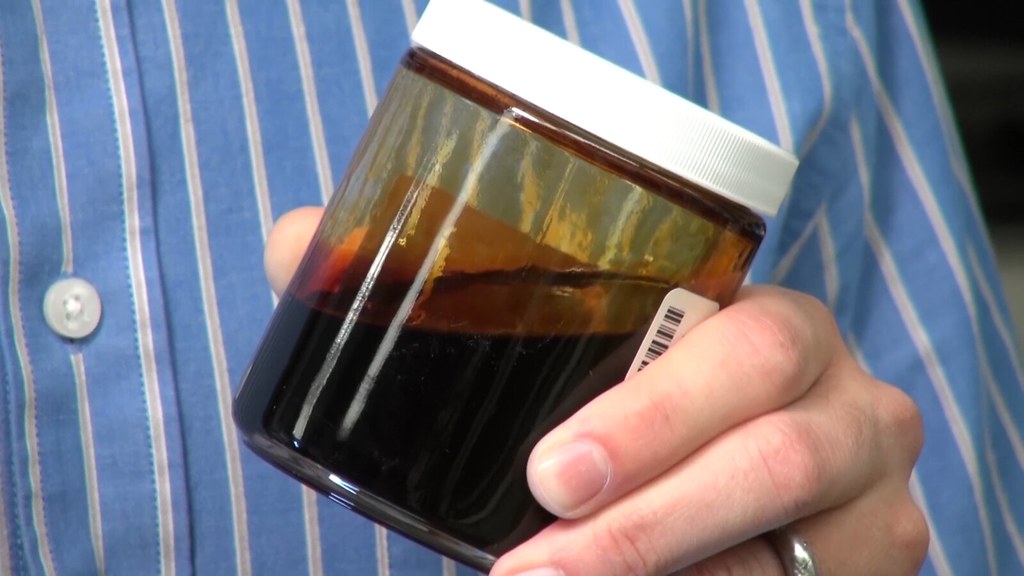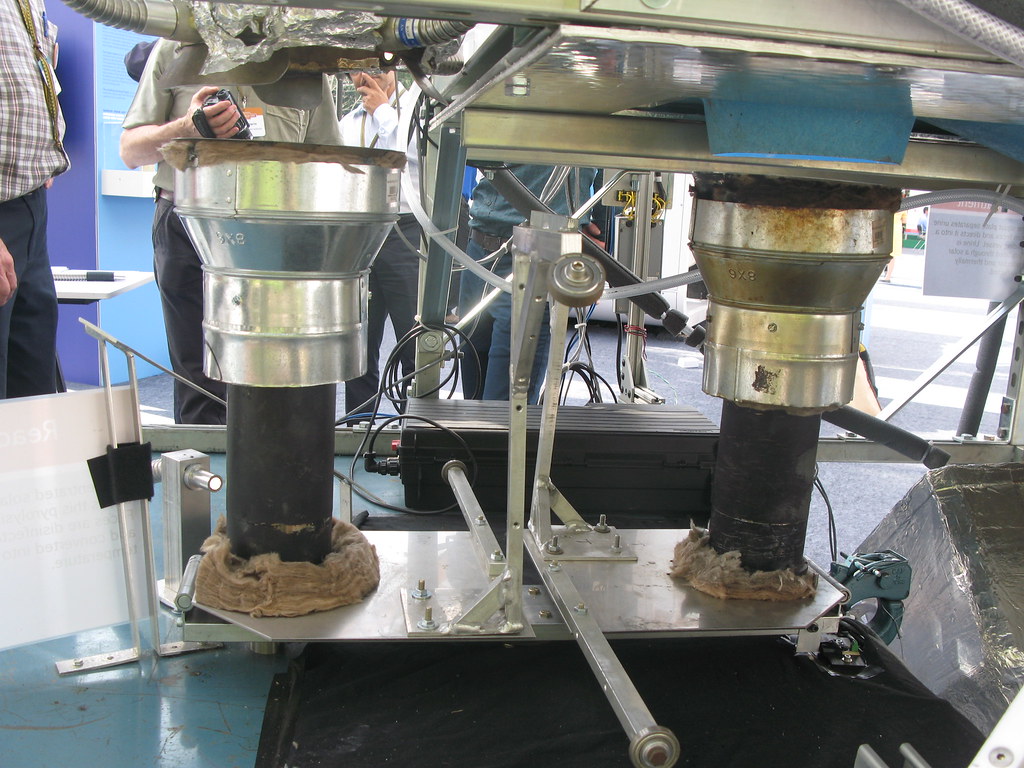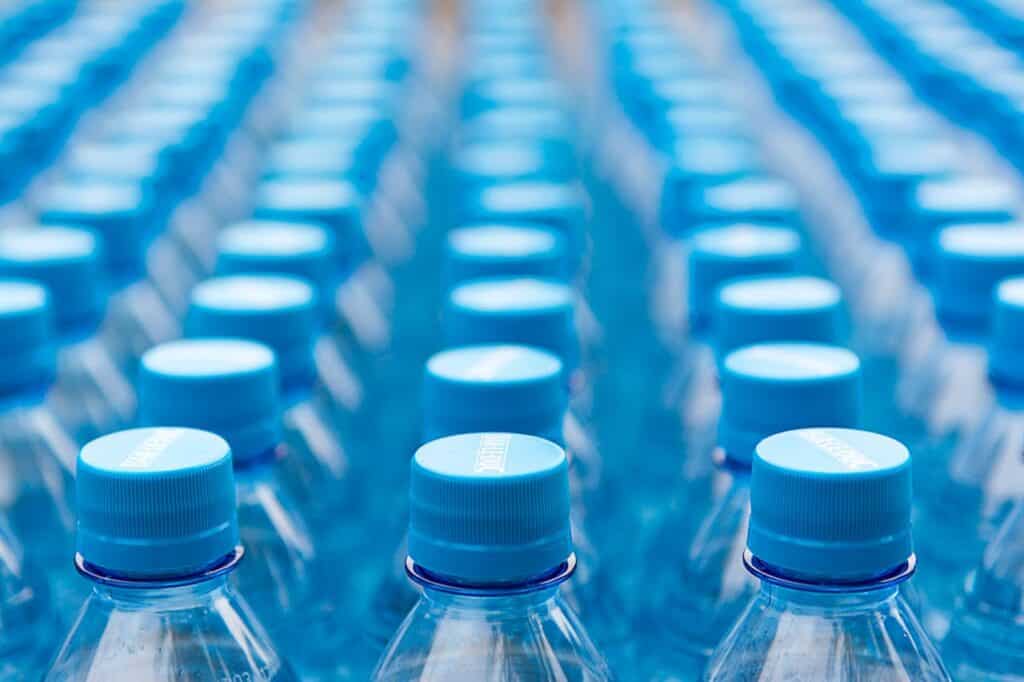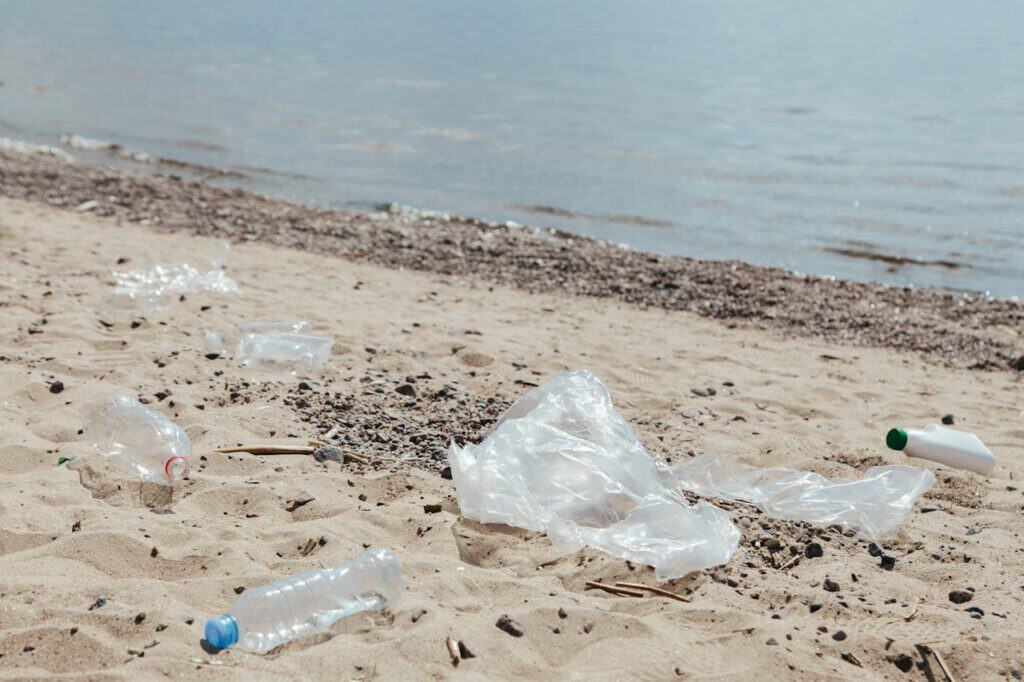- Last Update: October 27, 2023
- Pyrolysis is the thermal decomposition of organic materials in the absence of oxygen
- Cynar claim that one tonne of plastic waste could equate to 700l of diesel
- Cynar state that of 29 million tonnes of plastic waste landfilled, the equivalent value is $3.627 billion
Pyroly-what?
It is claimed that Pyrolysis, ‘a thermochemical decomposition of organic material at elevated temperatures in the absence of oxygen’, could be the answer for unrecyclable plastics headed to landfill.
That’s a bit of a scientific mouthful, but essentially it’s turning plastic (back) into oil through some very fancy technology. We are blessed in the UK to have one of the most successful Pyrolysis companies in the world, Cynar, based in London. They claim that one tonne of plastic waste could equate to 700l of diesel.


Is Plastic Pyrolysis Profitable?
The profitability of plastic pyrolysis depends on several factors:
Feedstock Cost: If the plastic waste can be sourced cheaply or even for free, it can significantly boost profitability. Conversely, if there’s a cost associated with acquiring or cleaning the plastic waste, it can impact margins.
End-product Market: The price and demand for the pyrolysis oil, char, and gas in local or international markets determine the revenue potential. For instance, if the oil can be refined and sold as a higher-value product, profitability increases.
Regulatory Environment: In regions where there are incentives or regulations favoring sustainable waste management or alternative fuels, pyrolysis can be more profitable.
Technology Used: Advanced pyrolysis technologies with higher efficiencies, better product yields, and lower emissions can command better market prices and reduce potential regulatory hurdles.
Plastic Pyrolysis Facts 2023
- Plastic waste pyrolysis oil market size surpassed USD 608.1 million in 2022, and is expected to expand at 5.3% CAGR from 2023 to 2032.
- The fuel segment dominated 60% of the plastic waste pyrolysis oil market share in 2022 and is expected to grow at a lucrative pace by 2032.
- North America & Europe are leading the Plastic Pyrolysis Oil Market.
Of course, plastic recycling is more viable for the sorts of plastics that can be recycled, and in turn avoiding the use of virgin polymer. However, this kind of Pyrolysis specifies non-recycled plastics, so it could be assumed that they are contaminated.
The American Chemistry Council, who are responsible for a new international analysis on the matter, have made big claims suggesting that ‘plastics-to-oil’ technology could contribute $9 billion to the US economy. It’s hard to know what that equates to for the UK, but for an island that reportedly disposes of 20m tonnes of plastic a year, it would surely create an incredible amount of fuel and equally importantly, jobs.
Plastic Recycling Technology
Cynar’s technology cleans and shreds unrecyclable plastics and then loads them into a pyrolysis chamber. In this chamber, the plastic is turned into a vapour which is converted into lite oil and raw diesel. With further refining, this raw diesel can be turned into diesel, kerosene or more lite oil.
Cynar’s first active plant was constructed in 2008, in Ireland, and had a capacity of 10 tonnes per day. The capacity is now 20 tonnes per day, but plans are constantly ongoing for further expansions. Two plants are under construction in Spain, with one in Almeria and one in Seville. Cynar also put pen to paper on a contract with Plastic Energy America SL, with the intent to develop more plants in the US & South America.
With the pyrolysis technology proving successful, Cynar are preparing for a huge influx of business. Already it is estimated that the number of employees has doubled in 12 months. Laura Deeks, Cynar’s Environmental Policy manager has said: ‘The next few years are going to be busy. The technology is working, have have seen it work. It’s ready to hit the market now’.
In this statement from Cynar, we can see a clearer picture of their long term goals:
Cynar believes in sustainability in its broadest sense, taking a lead from Mother Nature who wastes practically nothing and reuses almost everything. Sustainability applies as much to our own talents, approaches and outlook as it does to recycling a yoghurt carton. Therefore where there is the skill, talent, and willingness to do something with an invested resource that makes a difference, then we should do it. Michael Murray, Cynar Founder and CEO, saw the opportunity to do exactly this in Cynar. “We are modern day alchemists. We do something extraordinary which is to take what the world thinks of as problematic rubbish and we turn it into something of value: we provide a technology for transformation.“.
We here at Plastic Expert are well aware that plastic recycling is important to utilise the value of the material. Land filling as an alternative doesn’t make much sense to us, and it’s great that Cynar share this vision. They state that the 29 million tonnes of plastic waste landfilled, the equivalent value is $3.627 billion.








